2021 Washington climate wins are real

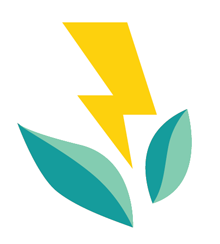
• Why WA needs Clean Fuels Now (pdf)
• Clean Fuels for Washington FAQ (pdf)
Transportation fuels are responsible for nearly half of our climate and harmful air pollution in the Pacific Northwest: 46% of Washington’s greenhouse gas emissions and 36% of Oregon’s. West coast jurisdictions California, Oregon and British Columbia already have Clean Fuel Standard policies to curb and reduce that pollution. Clean Fuels Standards have proved to be an effective means of reducing carbon and air pollution from the transportation sector. They allow consumers to choose cleaner fuels that support local economic development in rural communities and improve public health. Clean Fuel Standards work by requiring oil refineries and importers to reduce the carbon intensity of their fuels, providing more low-carbon fuels and electricity to fuel our transportation system.
In Washington State, consumers spend $8 billion a year on gasoline and diesel. As consumers we now have little choice but to buy and use polluting gasoline and diesel fuel because the oil companies have long maintained a monopoly on our fuel options. By transitioning to clean fuels, we can keep more of this money in state and end our sole reliance on fossil fuels to power our vehicles and transportation systems. Fueling up with electricity costs consumers about a third as much as gasoline, and there are over 2,000 people working in the electric vehicle industry already in Washington. Dependence on a global fuel market is already costly for Washington residents, with volatile fuel prices and rising health care costs.
Health professionals link air pollution directly to asthma, lung cancer, and other respiratory diseases. Cleaning up pollution will protect public health and save us on healthcare costs. A recent study found that California’s Clean Fuel Standard could save $8.3 billion in avoided public health costs by 2025 because of fewer asthma attacks and hospitalizations, lower rates of lung cancer and heart attacks, and thousands of fewer lost workdays. A similar policy in Washington could lead to the same public health benefits by cleaning up our air. Leading public health organizations like the American Lung Association and Puget Sound Clean Air Agency view a Clean Fuel Standard as one of the most important ways to improve public health and transition our transportation to cleaner sources.
Electric cars and other light-duty vehicles are already an important climate solution when charged by a renewable energy-powered grid. Marine vessels, long-haul trucks, and airplanes will likely need to rely on lower carbon liquid fuels for the foreseeable future to reduce their carbon emissions. Just as we are expanding our ability to produce clean electricity, we can source our biofuels from sustainable feedstocks, including used cooking oil, dairy manure, and other waste streams that would otherwise only increase our emissions. A Clean Fuel Standard helps make sure that all of our transportation sector’s energy sources are developed and delivered in harmony with climate and environmental needs. To transport people and goods more efficiently, and over fewer miles, will require a variety of approaches including building and expanding transit systems, as well as safe infrastructure for active modes of transportation, such as walking, cycling, and scootering.
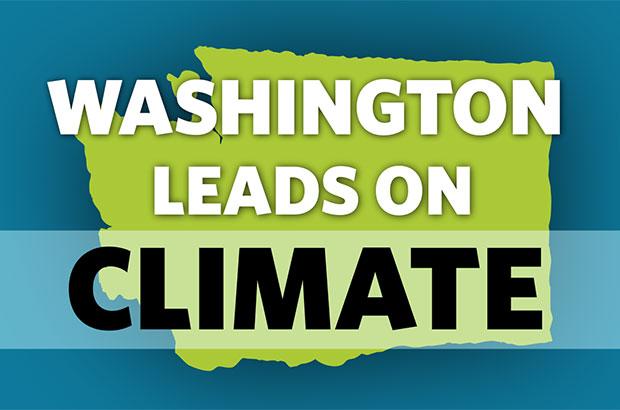
By: Vlad Gutman-Britten on
Washington State just made history with a suite of legislative actions to address global warming pollution, the long-term need to protect communities most impacted by pollution, and our transition to a clean energy economy.

By: Climate Solutions on
Marking a victory for people’s health, the environment, and economic recovery, the Washington Legislature passed a Clean Fuel Standard, governor-request legislation that the Legislature considered three years in a row

By: Vlad Gutman-Britten on
Climate action in Olympia: we've made progress, but we still need to close the deal on clean fuels.
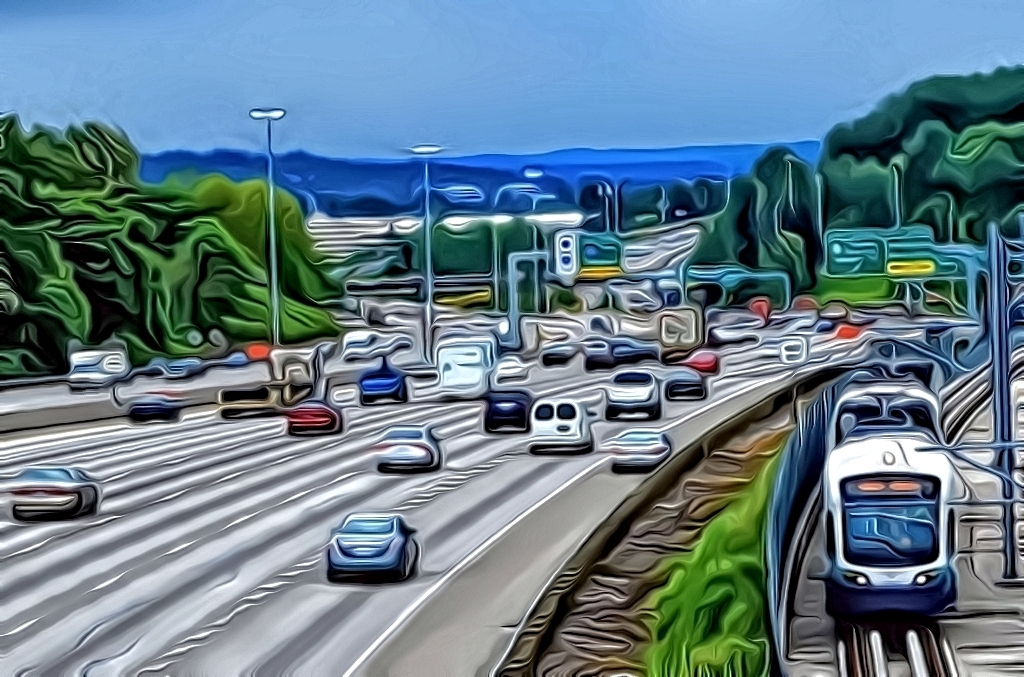
By: Climate Solutions on
A Clean Fuel Standard is one step closer to Gov. Inslee's desk, as the WA Senate passed this critical climate policy.
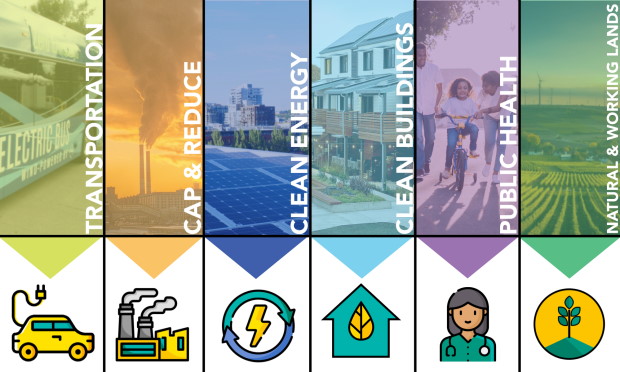
By: Jonathan Lee on
Just over a year ago, Oregon Governor Kate Brown signed Executive Order 20-04, now cal
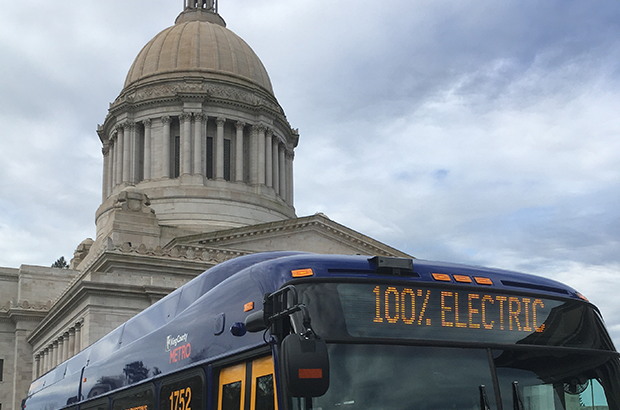
By: Vlad Gutman-Britten on
We’ve passed the halfway mark in Washington’s Legislative session. Check out our update on Climate Solutions’ top climate priorities, and where we need to apply pressure to make sure our lawmakers demonstrate climate leadership.
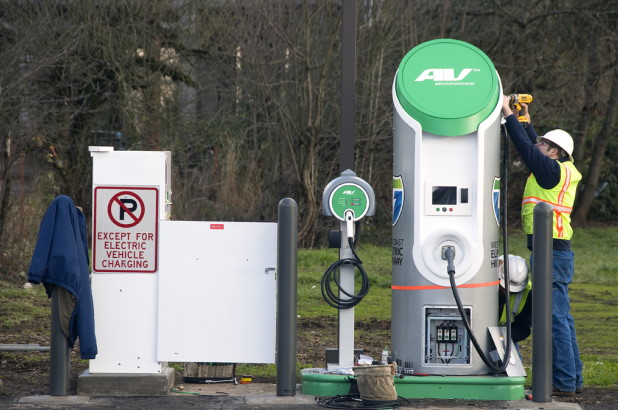
By: Victoria Paykar on
Ensuring that the future of Oregon’s transportation is electric—not burning fossil fuels—is critical for cleaning up our air and for achieving our state’s climate goals.
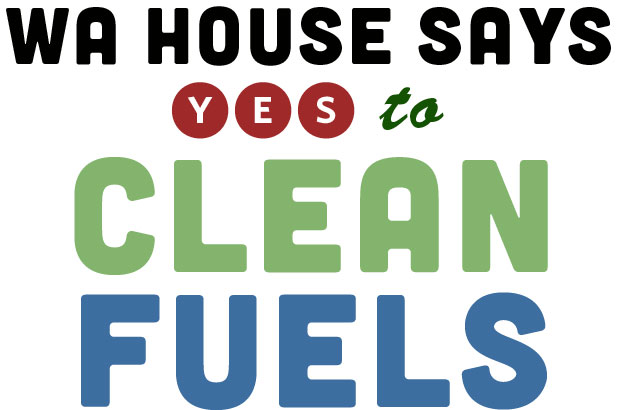
By: Climate Solutions on
The heat in Olympia is now on the Senate, as the House passes a Clean Fuel Standard for the third year in a row.
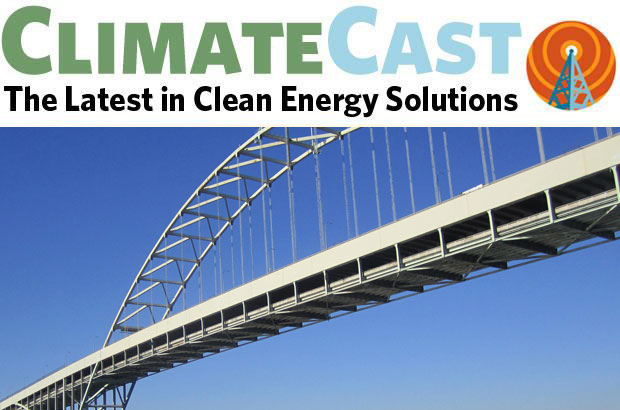
By: Jonathan Lawson on
Washington's legislative session begins. So does the Biden administration.
Join our email list to learn about what we do and how to get involved.